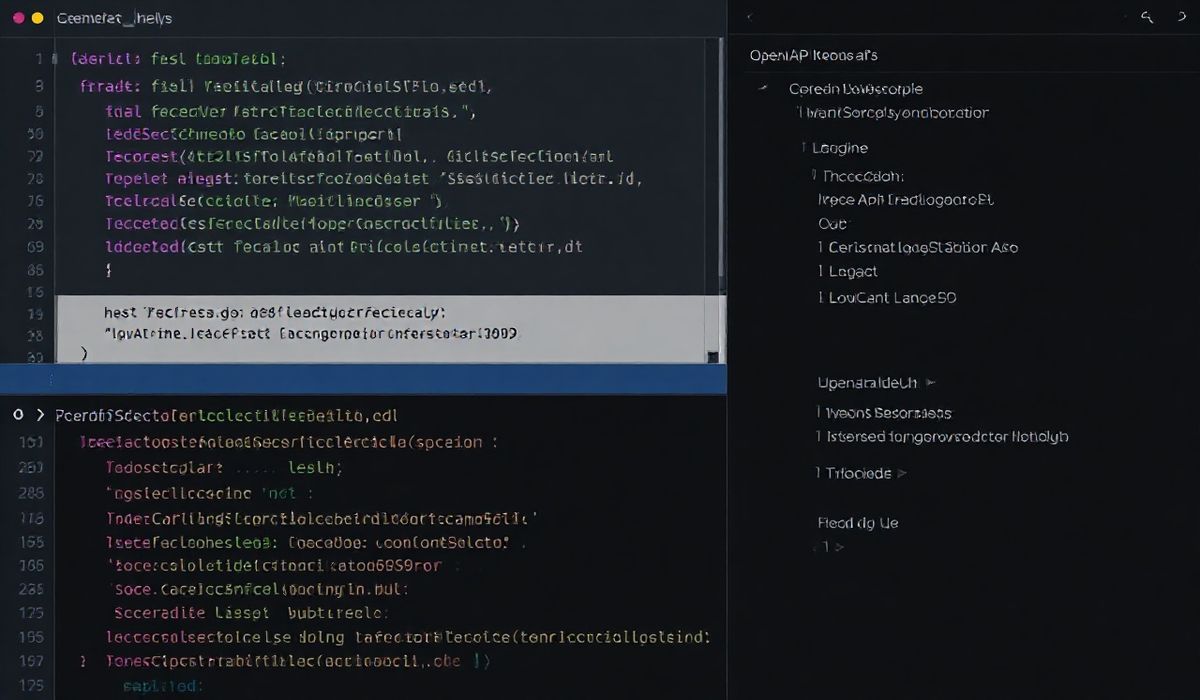Introduction to `line-reader` in Node.js
`line-reader` is a powerful Node.js module that allows for efficient reading of files line by line. This can be extremely useful for processing large files without loading the whole file into memory. Whether you are working on log processing, data parsing, or other file manipulation tasks, `line-reader` provides a simple and efficient way to handle files.
Installing `line-reader`
npm install line-reader
Basic Usage
const lineReader = require('line-reader');
lineReader.eachLine('file.txt', function(line, last) {
console.log(line);
if (last) {
console.log('End of file');
}
});
Reading File Line by Line
const lineReader = require('line-reader');
lineReader.eachLine('example.txt', (line, last, cb) => {
console.log('Read line:', line);
cb();
});
Reading Every Line with Line Number
const lineReader = require('line-reader');
let lineNumber = 0;
lineReader.eachLine('sample.txt', (line, last) => {
console.log(`Line ${++lineNumber}: ${line}`);
});
Handling Errors
const lineReader = require('line-reader');
lineReader.eachLine('missing.txt', (line) => {
console.log(line);
}).catch((err) => {
console.error('Error:', err);
});
Reading File Synchronously
const lineReader = require('line-reader').sync;
lineReader.eachLine('file.txt', (line) => {
console.log(line);
});
Using Callbacks and Promises
const lineReader = require('line-reader');
function readMyFile(filePath) {
return new Promise((resolve, reject) => {
let lines = [];
lineReader.eachLine(filePath, (line, last) => {
lines.push(line);
if (last) resolve(lines);
});
});
}
readMyFile('example.txt').then((lines) => {
console.log(lines);
}).catch((err) => {
console.error(err);
});
Application Example A Simple Log Processor
Here is an example of how to use `line-reader` to process a log file and extract lines that match a specific pattern.
const lineReader = require('line-reader');
const fs = require('fs');
const logFile = 'server.log';
const outputFile = 'errors.log';
const writeStream = fs.createWriteStream(outputFile);
const errorPattern = /ERROR/;
lineReader.eachLine(logFile, (line, last) => {
if (errorPattern.test(line)) {
writeStream.write(line + '\n');
}
if (last) {
writeStream.end();
console.log('Log processing completed');
}
});
In this example, we read lines from `server.log` and check if they contain the word “ERROR”. If they do, we write the line to `errors.log`.
Hash: 10c19e39b47eda1bc06b2b521394051dbcf9975cb6a6cebec1fc5e873039594e




